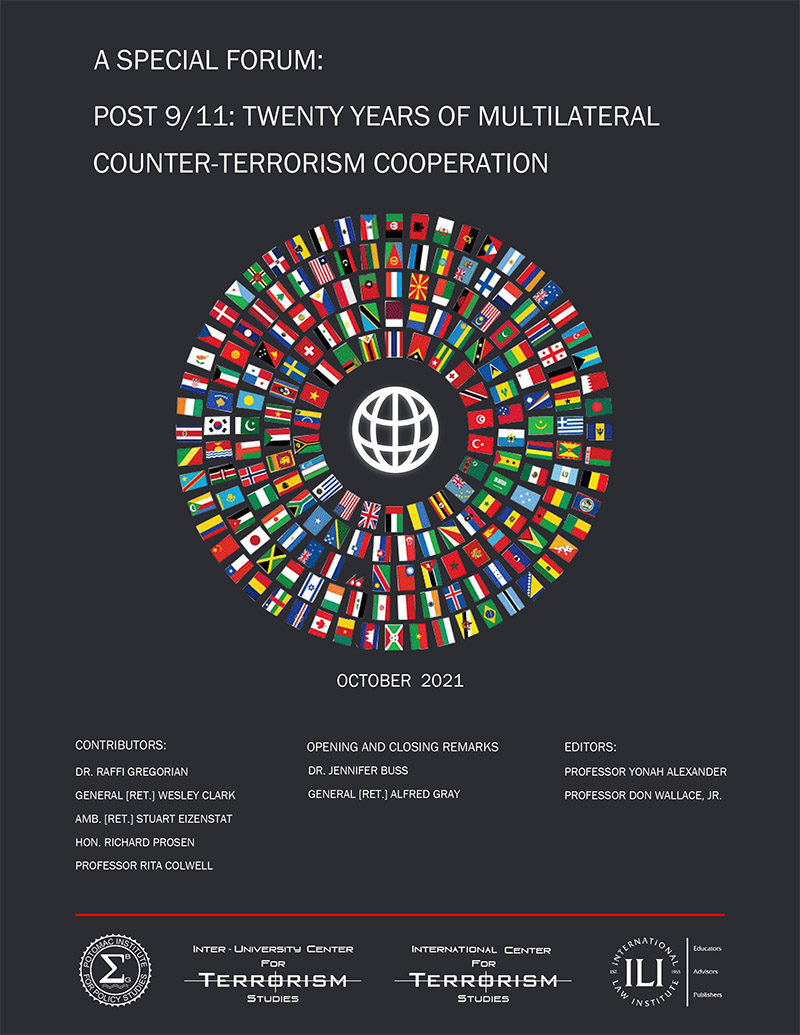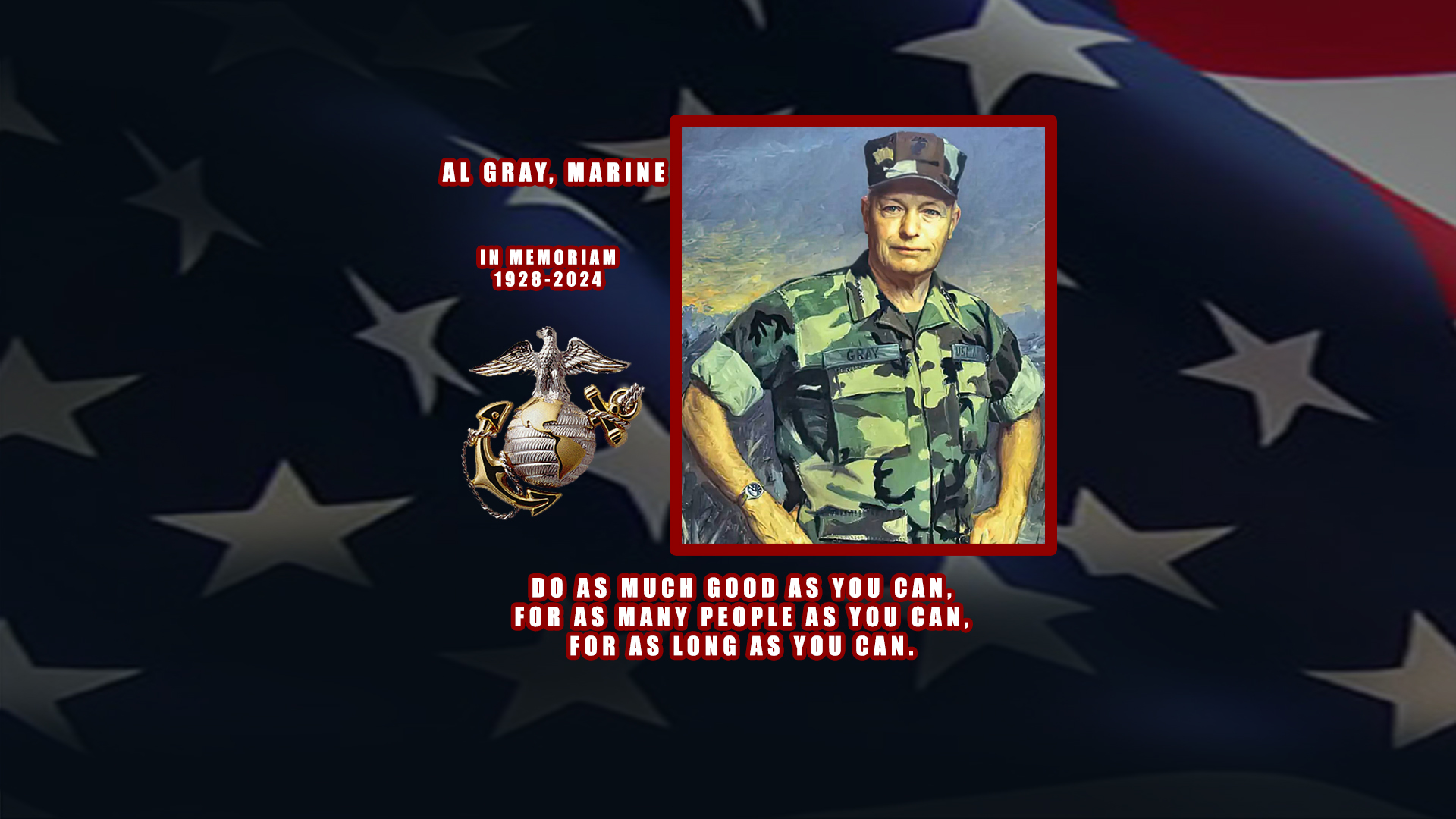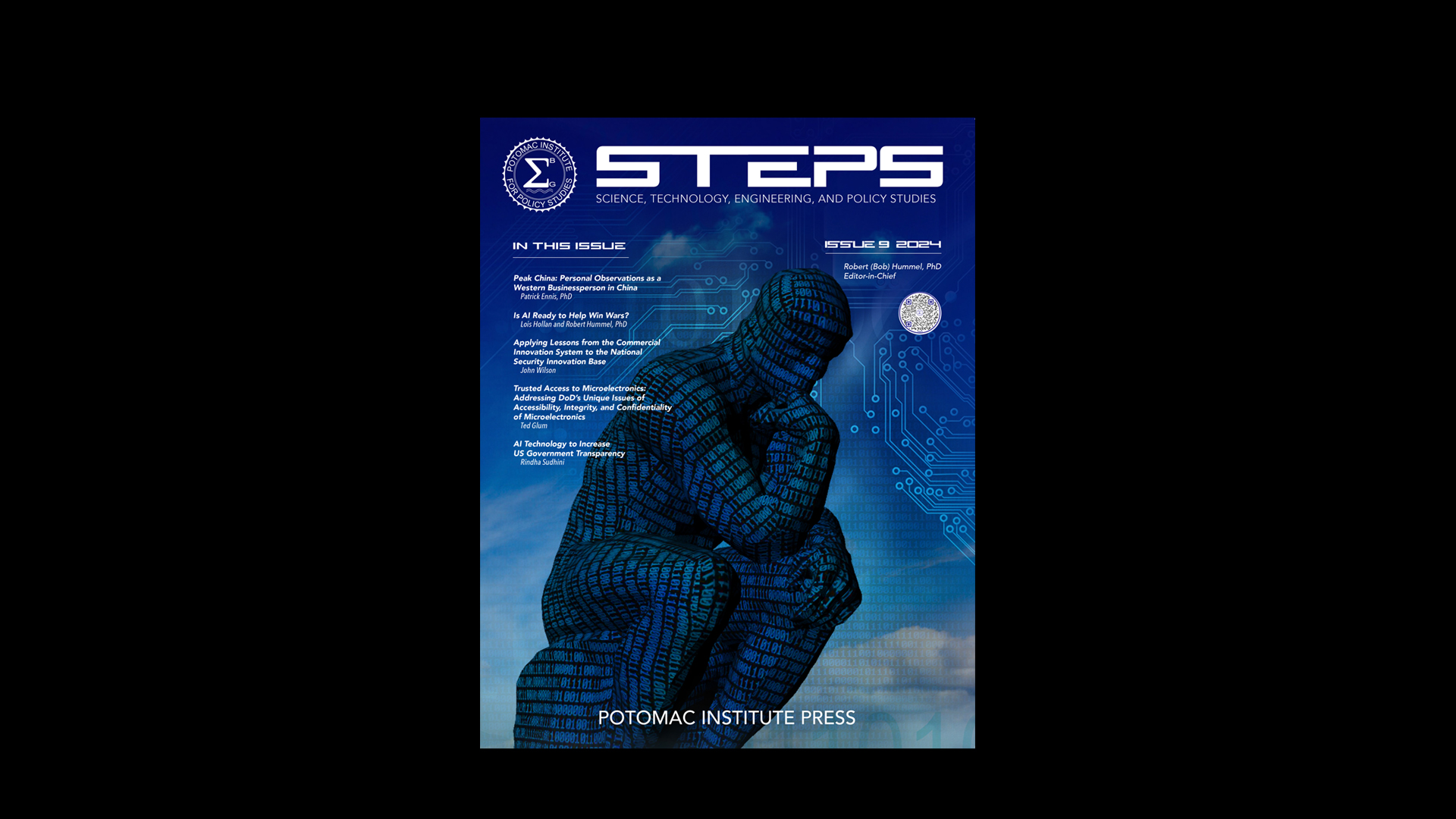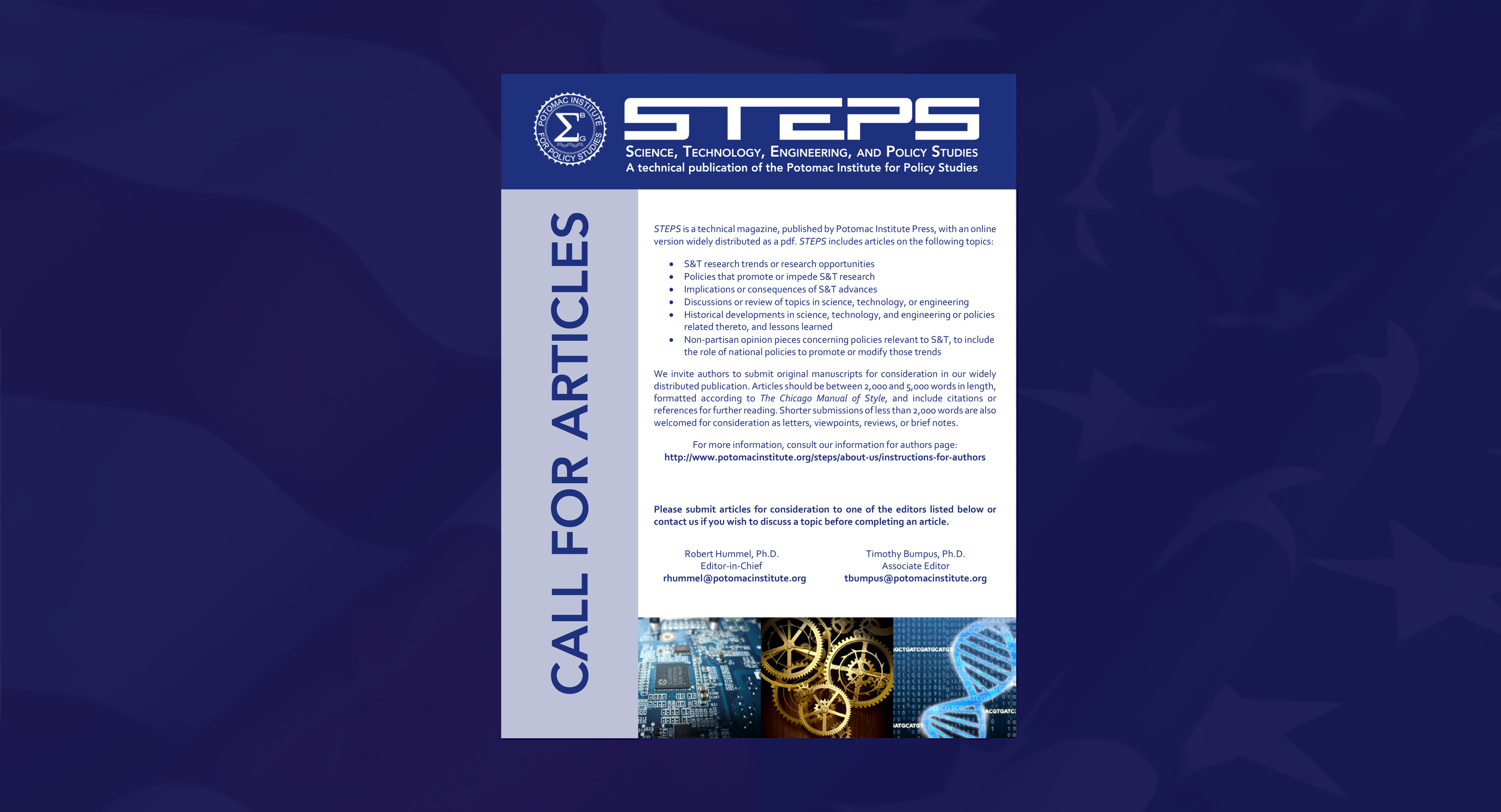 The resort of force and violence by state and non-state actors in the struggle for power within and among nations is as old as history itself. Both the strong and the weak have deployed modus operandi capabilities ranging from primitive to modern technologies with profound consequences to the security concerns to the global system.
The resort of force and violence by state and non-state actors in the struggle for power within and among nations is as old as history itself. Both the strong and the weak have deployed modus operandi capabilities ranging from primitive to modern technologies with profound consequences to the security concerns to the global system.
It is not surprising therefore that two decades after 9/11, terrorism from above and below still continues to cast a worrisome arc of instability and political conflicts over many countries and regions of the world. The debate in democracies over the need to craft effective responses to domestic and international terrorism focuses inter alia on realpolitik coupled with moral and human rights considerations.
For instance, since 9/11 expanded state power in the Unites States, these have included policies such as “Global War on Terror”, “Overseas Contingency Operations”, and other strategic and tactical approaches authorizing the use of military force internally and externally. Additionally, the European Union developed key roadmaps and toolkits for combating terrorism and securing the national interests of member-states (e.g., prevent, pursue, prosecute, punish, persuade, and protect).
Most recently, the United Nations that began its annual General Assembly session in September 2021, has placed discussion items on its agenda regarding combating and eliminating terrorism as well as maintaining international peace and security.
Mindful of the past and current security concerns, effective multilateral counter-terrorism cooperation requires increased international alliances of like-minded nations through diplomacy and other measures in responding successfully to potential conventional and non-conventional terrorist threats in the remainder of the 21st Century.
In this context, the Inter-University Center for Terrorism Studies (IUCTS), the Potomac Institute for Policy Studies (PIPS), the International Law Institute (ILI), and other academic partners organized the virtual academic Forum on “Post 9/11: Twenty Years of Multilateral Counter-Terrorism Cooperation” held on September 09, 2021.1 The program of this event began with opening remarks by Professor Don Wallace, Jr. (Chairman of the International Law Institute) and Dr. Jennifer Buss (CEO, Potomac Institute for Policy Studies). The virtual Forum was moderated by Professor Yonah Alexander (Director of the International Center for Terrorism Studies). Presentations and discussion were by Dr. Raffi Gregorian (Deputy to the Under- Secretary-General & Director, United Nations Office of Counter-Terrorism), Gen. (Ret.) Wesley Clark (Former NATO Supreme Allied Commander), Amb. (Ret.) Stuart Eizenstat (Former Senior Official with Three US Administrations and Ambassador to the European Union), Hon. Richard Prosen (Deputy Director, Office of Multilateral Affairs, Bureau of Counterterrorism, U.S. Department of State), and Distinguished University Professor Rita Colwell (University of Maryland, College Park; Johns Hopkins University, Bloomberg School of Public Health). Closing remarks were delivered by Gen. (Ret.) Alfred Gray (29th Commandant of the U.S. Marine Corps (1987-1991) and Chairman of the Board of Directors and Regents, Potomac Institute for Policy Studies). This event is the latest Forum on inter-disciplinary health and security threats mounted within the academic framework of 2021 programs.

















